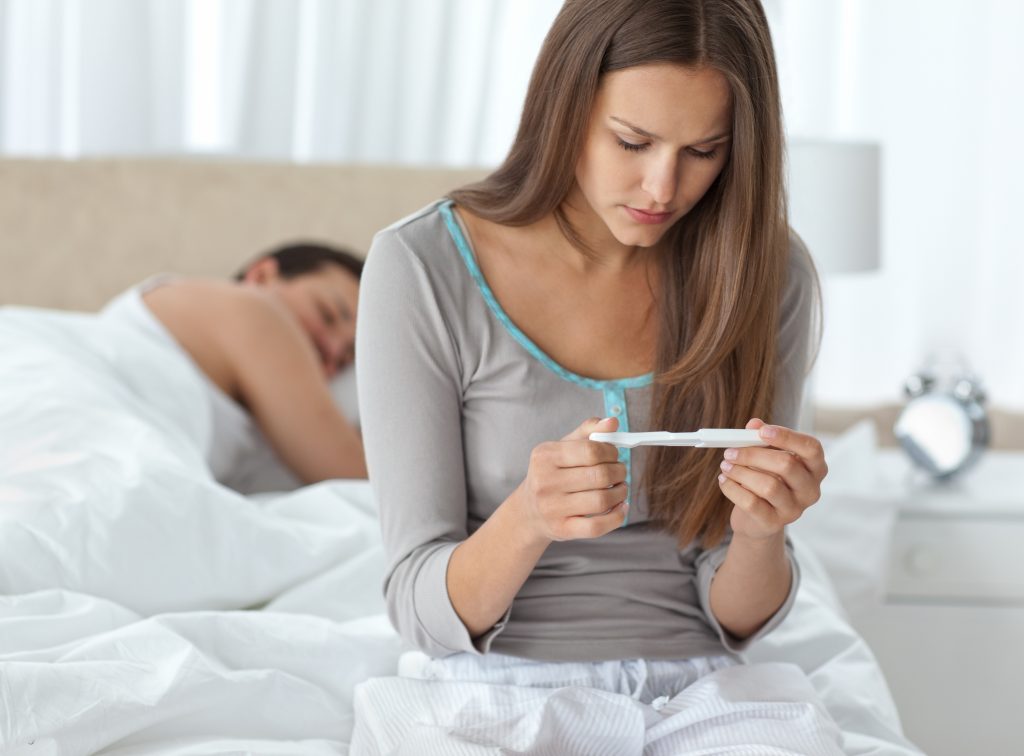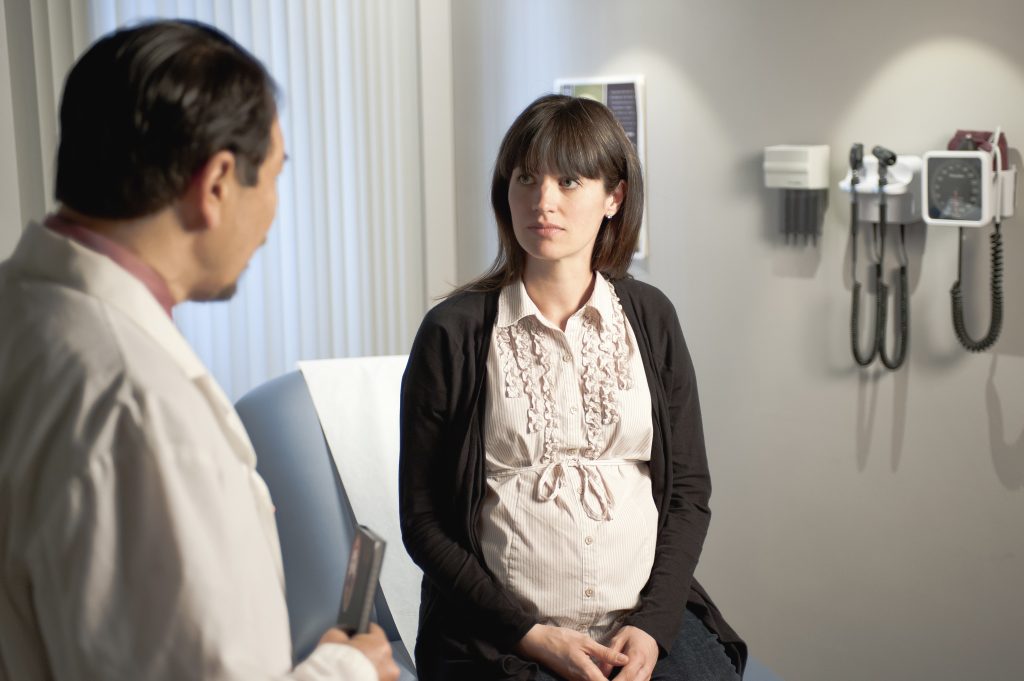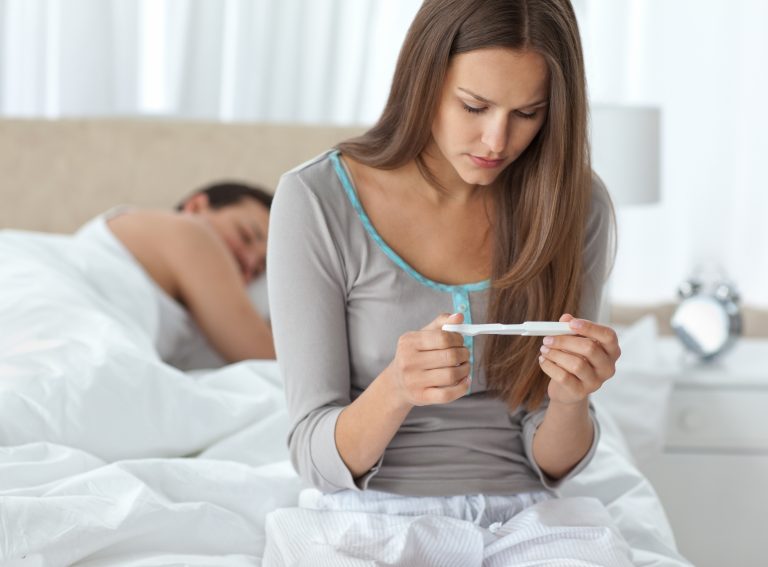
Finally, the time has come when you feel ready for a baby. Yet many couples will tell you that it is not as easy and “instantaneous” as we all think. The CDC estimates that about “1 in 5 (19%) are unable to get pregnant after one year of trying (infertility). Also, about 1 in 4 (26%) women in this group have difficulty getting pregnant or carrying a pregnancy to term (impaired fecundity)”. Fortunately, there are a few natural strategies to boost your chances of becoming pregnant. In fact, making healthy eating choices and adopting a more active lifestyle might help increase your chances.
Here are 20 tips to increase your chances of getting pregnant.
1. Have An Antioxidant-Rich Diet
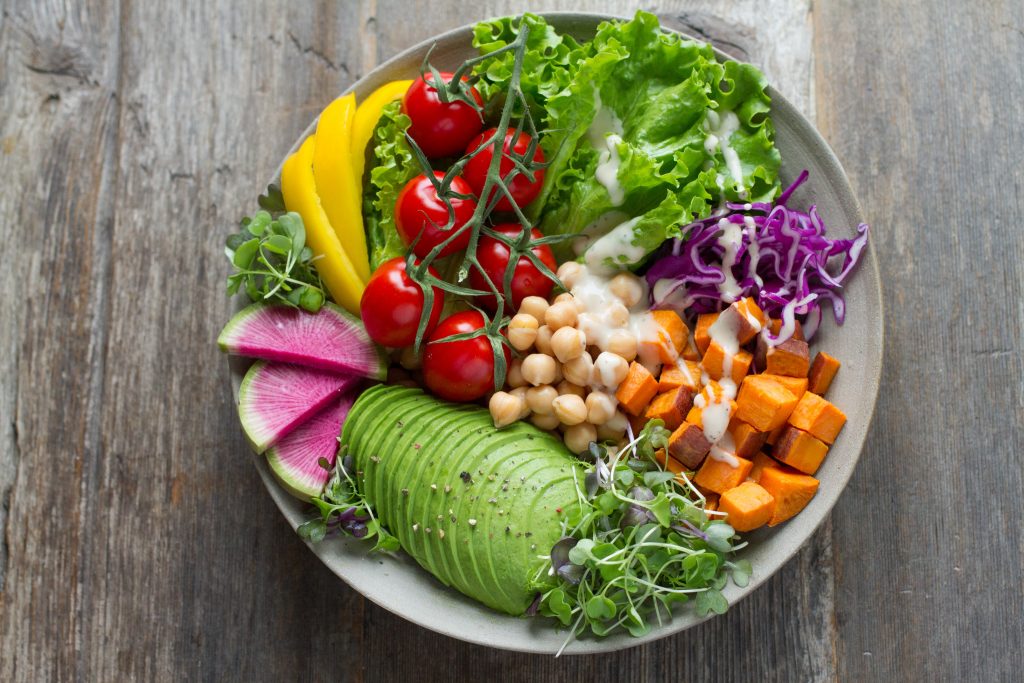
For both men and women, taking antioxidants like folate and zinc can increase fertility. Both sperm and egg cells can be damaged by free radicals, which they help to eliminate from your system.
Antioxidant-rich walnuts can increase sperm quality in young adult males. Hence, the higher the folate consumption, the greater the likelihood of implantation, clinical pregnancy, and live birth.
Beneficial antioxidants, including vitamins C and E, folic acid, beta carotene, and lutein, can be found in plenty of foods such as fruits, vegetables, nuts, and grains.
2. Get Preconception Counseling
Preconception counseling is many times ignored, but it is very important when you are trying to get pregnant. Make an appointment with your OB-GYN 60 to 90 days before you want to start trying to conceive. Prescription and over-the-counter drugs will be evaluated with respect to your reproductive goals, as well as screenings for conditions like anemia, which may necessitate treatment.
3. Get Vaccinated
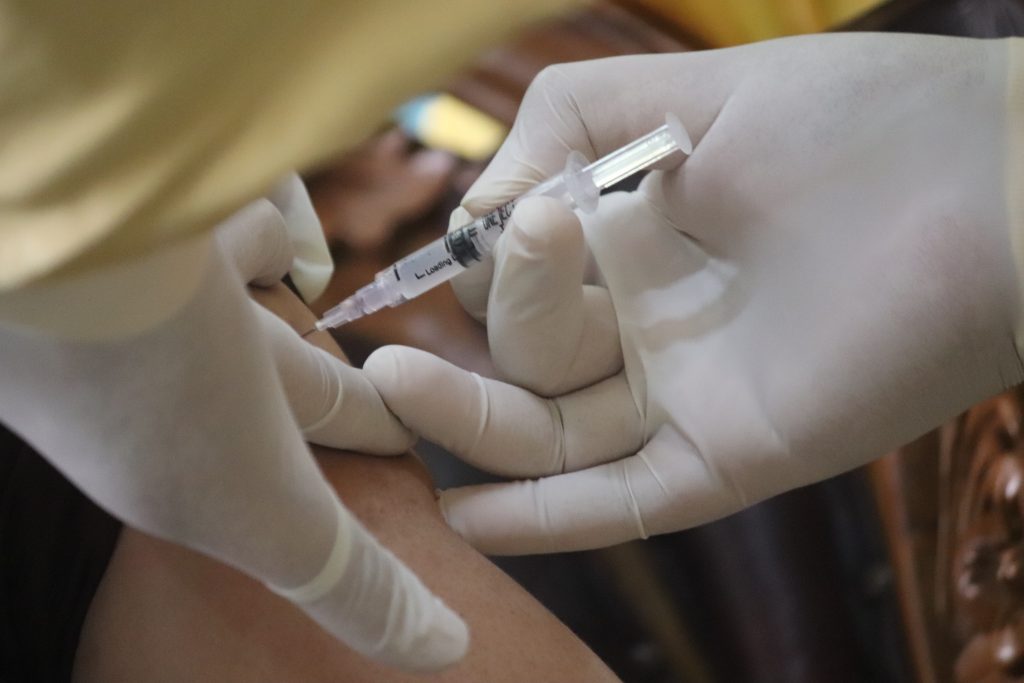
Before planning to get pregnant, make sure you have all of your vaccinations up to date, including those for German measles, chickenpox, and influenza. Pregnancy-related issues are more likely to occur if you are sick, and certain vaccinations aren’t safe to take while pregnant. Additionally, consult with your doctor on the COVID-19 vaccine as well.
4. Say No To Tobacco And Liquor

Don’t take any chances – avoid drinking and smoking, no matter how tempting it may seem. Tobacco, alcohol, and infertility have been studied extensively by scientists. There is a widespread notion that these two may enhance one’s sexual prowess, but this couldn’t be further from the truth. Alcohol and tobacco consumption decreases the likelihood of conceiving. For example, chemicals found in alcohol and cigarettes have an extremely negative influence on the quality and quantity of sperms and eggs. When trying to conceive, the best thing to do is to avoid dangerous substances.
5. Don't Feel You Have To Limit Your Sex

Have sex every two to three days throughout the month increases your chance of being pregnant. While we have been told that men need to rest in between sex so that they can accumulate more sperm count, that simply isn’t the case. Sperm concentration is not affected by ejaculation rather the amount of seminal fluid. Sex frequency has no effect on the concentration of sperm. However, having sex too frequently can lead to sexual exhaustion. So, strike a balance.
6. Don't Bother With Switching Your Positions

There’s some suggestion that a missionary position may help with conception, but the evidence isn’t conclusive. The fact that certain positions are more comfortable than others is undeniable. You’ll be more likely to stick to a regular position if it feels better to you, and also the idea that you need to elevate your legs afterward is also a misconception. It does not make any difference.
7. Have A Good Sleep Routine

According to several studies, infertility can be linked to a lack of sleep between both men and women. Lack of sleep alters hormone levels, increasing the likelihood of infertility. If you’re a party animal or all-nighter, please heed this advice.
8. Sunshine

Sunlight boosts the fertility of both males and females by boosting the amounts of Vitamin D in the bloodstreams of both. According to research, vitamin D increases progesterone and estrogen levels, both of which are female sex hormones. Those hormones are responsible for regulating your menstrual cycle and making you fertile. For males, exposure to sunshine is beneficial in increasing sperm count.
9. Exercise Regularly

Exercise should be a regular element of your daily routine. It promotes the wellness of the mind and body while also improving the overall condition. Exercise and sexual health have little to do with one’s ability to conceive or have a sexual relationship. But exercise has indirect benefits associated with it. Additionally, the ability to maintain physical fitness is essential for living a healthy lifestyle, and adopting healthy habits may greatly assist in restoring stamina and recharging the energy of the couple.
10. Take Your Multivitamins
According to a groundbreaking study by researchers that followed over 18,000 women who were trying to get pregnant, taking a multivitamin supplement was associated with a decreased risk of ovulation problems. So visit your doctor, and if you are advised to take multivitamins, don’t miss them.
11. Be Careful With Vaginal Lubricants

Many commonly used water-based lubricants have been shown to hinder the motility of sperm. So, if you decide to use lubrication, look for products that are promoted as “sperm-friendly” or “fertility-friendly.”
12. Watch Your Caffeine Intake

Maintain a daily caffeine intake of no more than 200 milligrams, which is equal to around two cups of coffee. Beverages such as soda, tea, and energy drinks are included as well.
13. Keep A Diary

You should keep track of your monthly cycle, the regularity of your menstrual calendar, and the days when you’re most fertile. There are several apps available to meet the specific requirements of women, especially during menstruation.
14. Be Healthy, Not Skinny

The capacity of your body to produce eggs is reduced when you are extremely skinny. This is due to a lack of fat reserves in the body to support a normal pregnancy. Don’t get brainwashed by looking at zero-figure slim celebrities. Fats are very important for a woman, especially when trying to conceive a child. So maintain a healthy weight, don’t get too skinny.
15. Avoid Painkillers
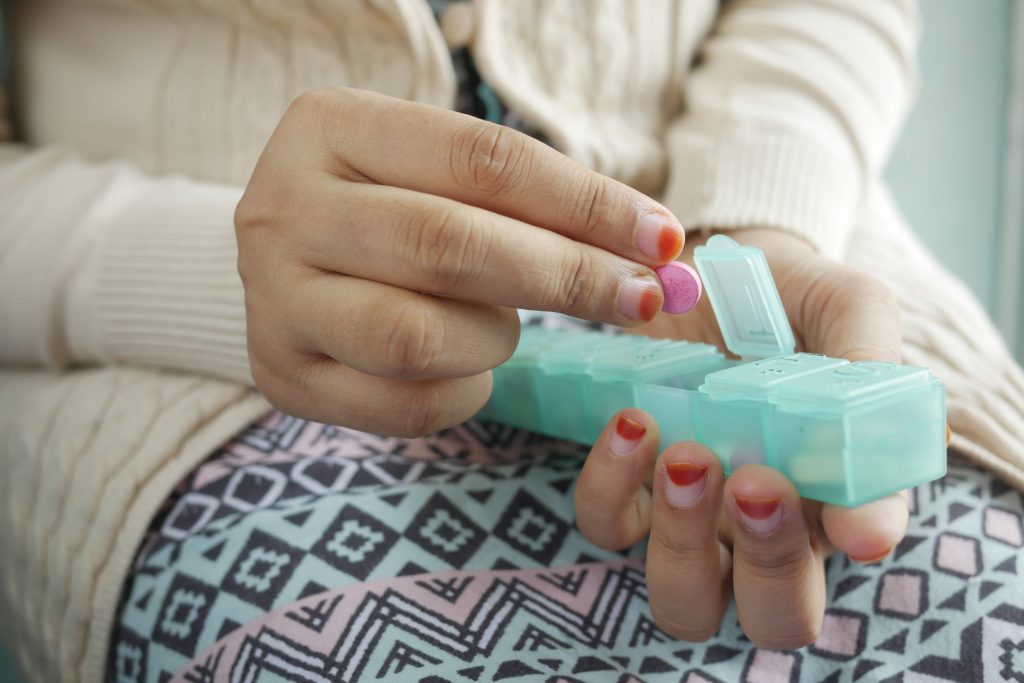
If you are popping combiflams and paracetamols around the time of ovulation, you are decreasing your chances of becoming pregnant in the first place. They may well have a negative effect on the hormones that assist in the release of eggs into the fallopian tube.
16. Eat Fewer Refined Carbs

Speaking of carbohydrates, it’s important to note that it’s not just the quantity that matters but also the type.
Carbohydrates that have been refined could be particularly harmful. Sugary meals and beverages, as well as refined grains such as white pasta, bread, and rice, are all examples of refined carbohydrates.
Due to the rapid absorption of these carbohydrates, blood sugar and insulin levels spike. A high glycemic index is also associated with refined carbohydrates. The GI (Glycemic Index) tells you whether or not a carbohydrate-dense diet will considerably elevate your blood sugar levels.
17. Stay Relaxed

Yes, we know trying to conceive is stressful enough without adding stress to the equation. But as your stress levels rise, your chances of becoming pregnant decrease. That’s because stress alters your hormones.
Research related to stress and fertility is not conclusive since the evidence is inconsistent.
However, stress has been shown to have a negative impact on fertility.
You may have a better chance of getting pregnant if you get some emotional support and therapy. Remember to take some time for yourself.
18. Check Your Iron Levels

The risk of ovulatory infertility may be reduced by consuming iron supplements and non-heme iron, which is found in plant-based diets.
According to research in 2019, neither heme iron (from animal sources) nor non-heme iron had any influence on fertility, with the exception of women who were already iron deficient.
Whether or whether iron supplements should be suggested to all women, especially if iron levels are already good, need more research. However, you should check with your doctor to make sure your iron levels are balanced.
19. Include More Fiber In Your Diet
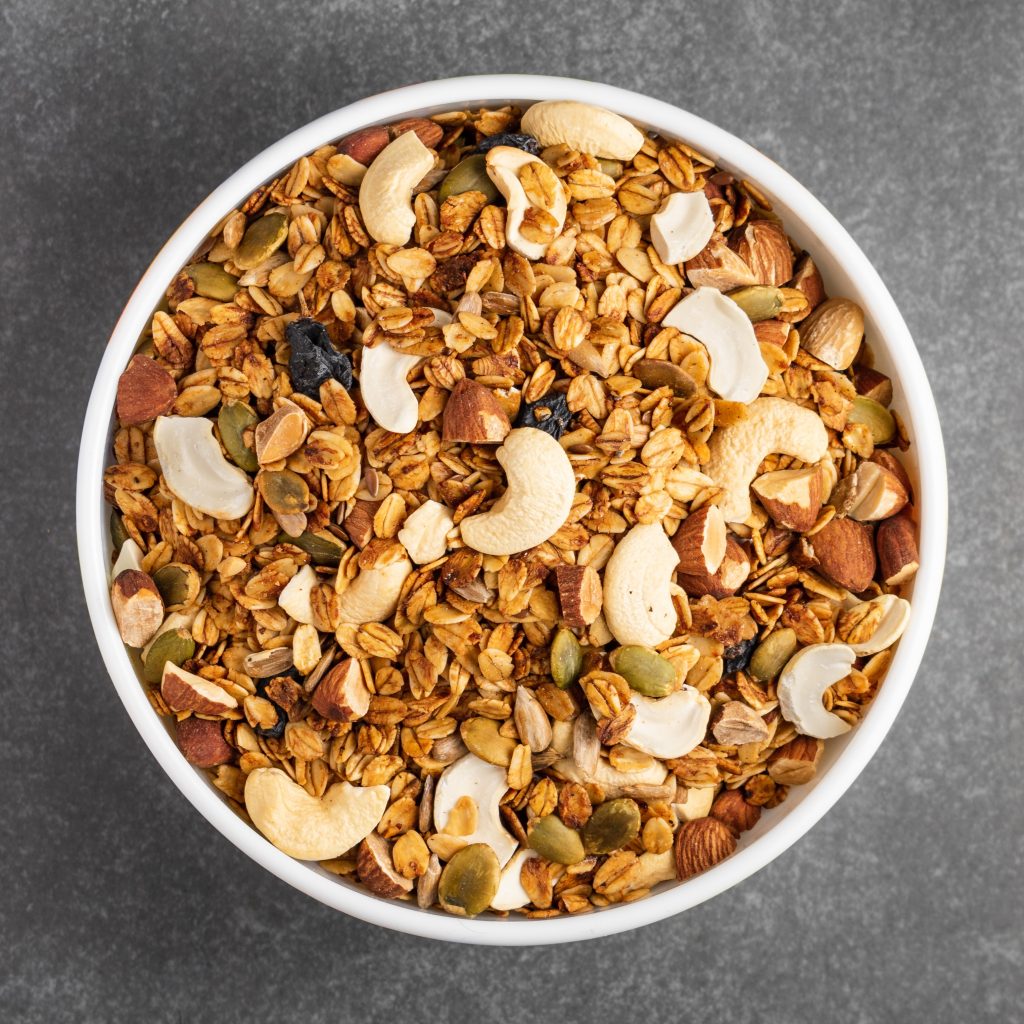
Fiber aids in hormone and blood sugar regulation. Fibers that bind to estrogen in the intestines can help flush out excess estrogen. The extra estrogen is subsequently excreted as a waste product.
According to 2009 research consuming 10 grams of extra cereal fiber per day was connected with a 44 percent lower risk of ovulatory infertility in women over the age of 32 years.
However, the evidence about fiber is still inconclusive. Consult with your doctor about your current fiber intake to determine if you should increase it.
20. Be Ready For Pregnancy
Pregnancy can happen within a month for one in three women, so be prepared. Pregnancy sets the stage for your child’s long-term well-being.
You won’t be aware that you’re pregnant for the first few weeks after you stop using contraception and start trying for a baby. You’ll have more peace of mind if you start making healthy lifestyle adjustments sooner rather than later after you get a positive pregnancy test result.





